Hello!
I'm green on ripping, hence my question. Does any of your colleagues know what I need to buy to transfer VHS tapes to the computer at the same time? without losing quality ? I would like to do it professionally, once and for all.
I've heard about "grabers", but as far as I know, quality is losing on them. I am aware that some quality will be lost for sure, but I want to do it in the best possible way.
I mean such specific cassettes:
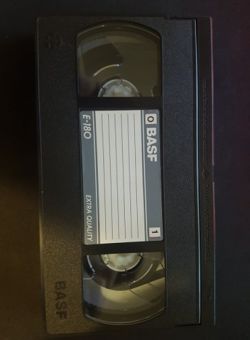
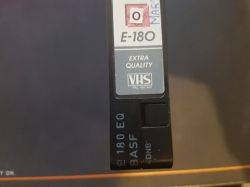
This is my player (fully functional):
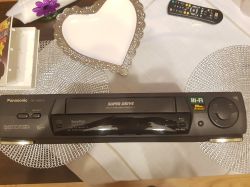
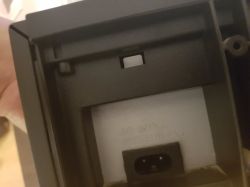
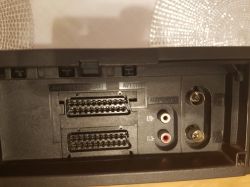
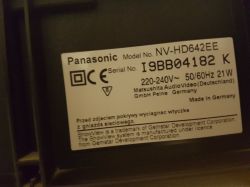
Motherboard: Gigabyte Z390 AORUS ELITE
Graphics: Gigabyte GeForce RTX 2070 GAMING OC WHITE
System: Windows 10
Will this ripping consist of playing these cassettes on this VHS player, and catching it directly on the PC?
I do not know anything about it ... And I have a lot of it, so I would probably pay a few hundred zlotys on the website.
What do I need to buy to connect such a "player" to the computer?
I'm green on ripping, hence my question. Does any of your colleagues know what I need to buy to transfer VHS tapes to the computer at the same time? without losing quality ? I would like to do it professionally, once and for all.
I've heard about "grabers", but as far as I know, quality is losing on them. I am aware that some quality will be lost for sure, but I want to do it in the best possible way.
I mean such specific cassettes:


This is my player (fully functional):




Motherboard: Gigabyte Z390 AORUS ELITE
Graphics: Gigabyte GeForce RTX 2070 GAMING OC WHITE
System: Windows 10
Will this ripping consist of playing these cassettes on this VHS player, and catching it directly on the PC?
I do not know anything about it ... And I have a lot of it, so I would probably pay a few hundred zlotys on the website.
What do I need to buy to connect such a "player" to the computer?


